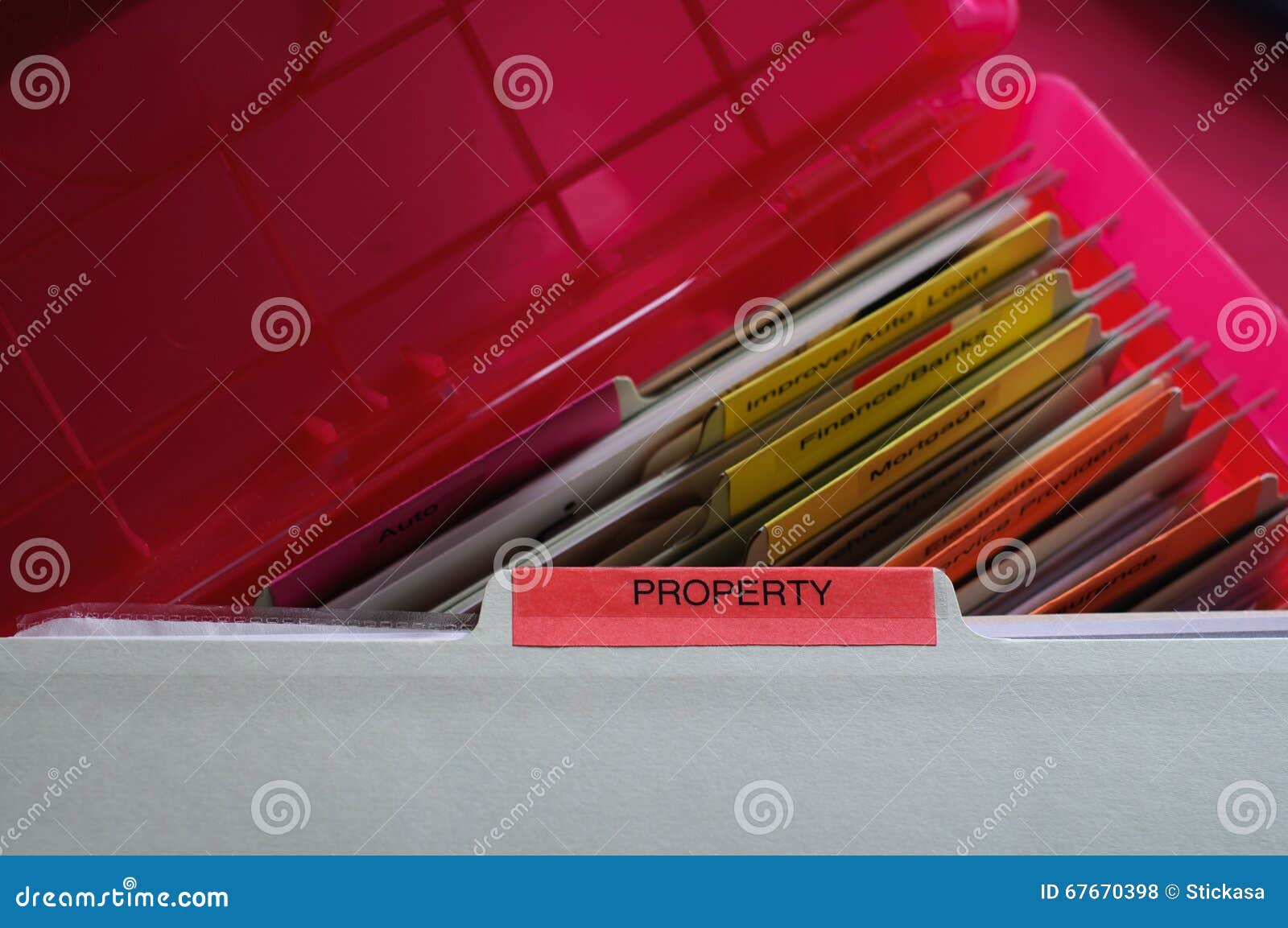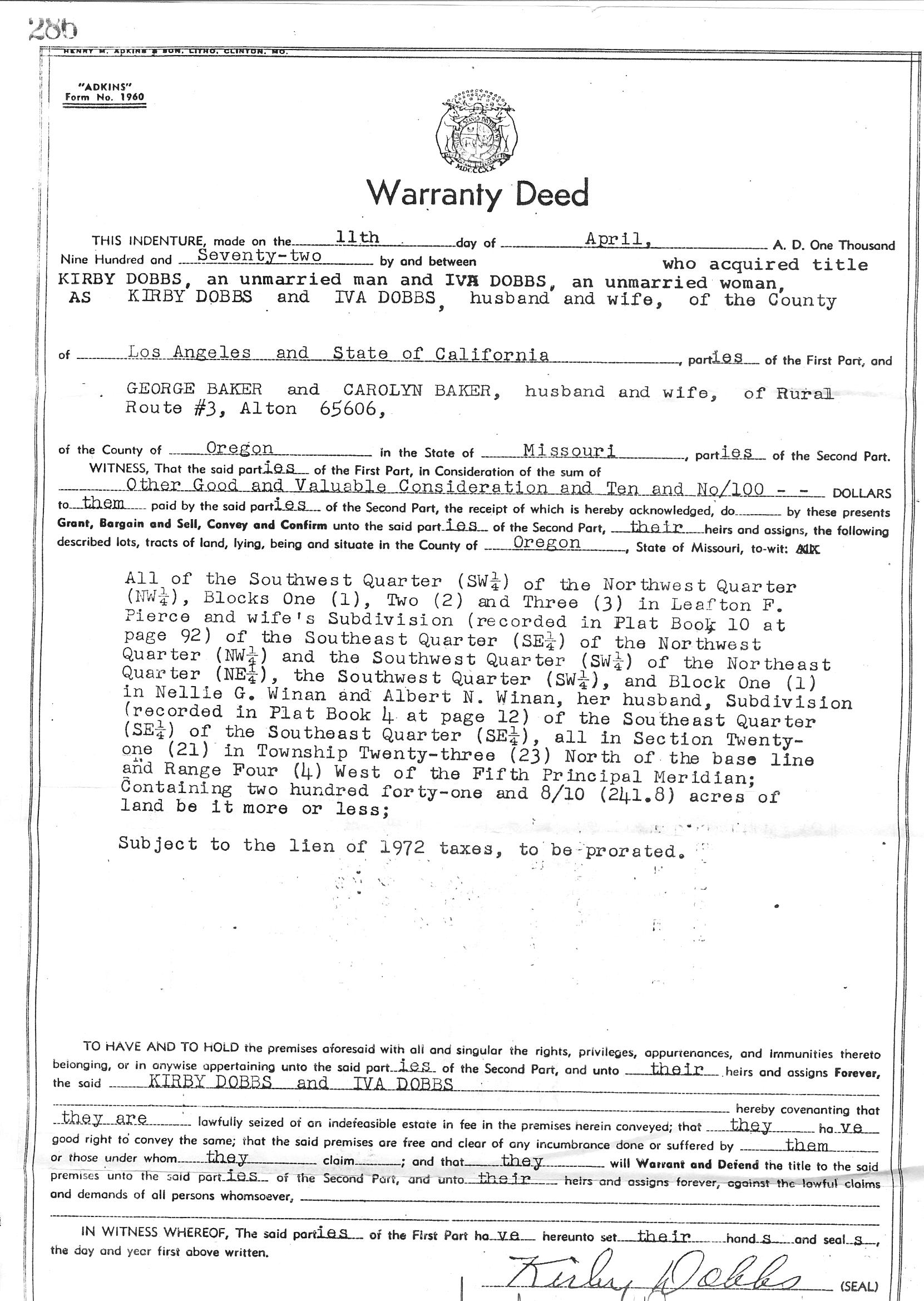Property Documents And Records
Property Documentation: The Key to Unlocking Your Real Estate Journey
Buying or selling a property can be complex and filled with uncertainty. Numerous legal documents and records are involved, often leaving individuals confused and overwhelmed. Fear not, for this comprehensive guide will shed light on the essential role of property documents and records, empowering you to navigate this process with confidence.
Property Records: The Foundation of Ownership
Property records serve as the official historical documentation of a property’s ownership. They provide a chronological account of all transactions, liens, and encumbrances associated with the property. Essential for establishing ownership rights, these records safeguard your investment by ensuring a clear chain of title.

Loan Against Property – Documents, Eligibilities and How to Apply – Source homefirstindia.com
Types of Property Documents
Property documents fall under two main categories: title documents and ancillary documents. Title documents establish ownership and include deeds, land patents, and certificates of title. Ancillary documents provide additional information about the property, such as surveys, appraisals, and environmental reports.
Deeds are the most common type of title document, conveying ownership from one party to another. They can be classified as warranty deeds, special warranty deeds, or quitclaim deeds, each offering varying levels of protection for the buyer.

Chart Of Land Record Documents – Source mungfali.com
Property Records: A Historical Perspective
The history of property records dates back centuries. In early civilizations, land ownership was established through physical possession and witnessed by community members. As societies evolved, written records became essential to protect property rights and resolve disputes.
Today, property records are maintained by government agencies or private companies and are accessible to the public. These records provide valuable insights into a property’s past, including previous owners, liens, and zoning restrictions.

Flat 2 79 High Street, Egham – Nevin And Wells – Source nevinandwells.co.uk
Hidden Truths Revealed: Uncovering Secrets in Property Records
Property records are not merely historical documents but also potential repositories of hidden secrets. They can reveal long-buried liens, easements, or boundary disputes that could impact the value or enjoyment of a property.
By thoroughly examining property records, potential buyers can uncover potential issues that may not be immediately apparent. This due diligence can save them from costly surprises and protect their investment.

Personal Property Documents Stock Photo – Image of management, hanging – Source www.dreamstime.com
Expert Recommendations for Navigating Property Documents
Navigating property documents can be complex, especially for first-time buyers or sellers. Here are some expert recommendations to ensure a smooth process:
- Review all documents carefully before signing.
- Seek professional assistance from a real estate attorney or title company.
- Request a title insurance policy to protect against potential title defects.

unvle joe biden | Climate – Source tfsites.blob.core.windows.net
Property Documents: A Detailed Explanation
Property documents are legal instruments that establish ownership, convey rights, and provide information about a property. They serve as the foundation for real estate transactions and protect the interests of all parties involved.
Essential property documents include deeds, titles, mortgages, liens, and surveys. Deeds transfer ownership, while titles prove ownership and provide a history of the property. Mortgages secure loans, and liens represent claims against the property. Surveys depict the property’s boundaries and improvements.

Free Images : blue, red, lipstick, turquoise, Material property – Source pxhere.com
Tips for Managing Property Documents
Properly managing property documents is crucial for protecting your investment and ensuring peace of mind. Here are some essential tips:
- Keep all documents organized in a secure location.
- Make digital copies of important documents for backup.
- Review your documents periodically to ensure accuracy and completeness.

Free Images : architecture, house, window, home, balcony, tower, facade – Source pxhere.com
Proper Record-Keeping: A Key to Smooth Transactions
Maintaining accurate and up-to-date property records is essential for efficient real estate transactions. By promptly recording all changes in ownership, liens, and other relevant information, you ensure a clear and verifiable chain of title.
Proper record-keeping also facilitates property transfers, reduces the risk of disputes, and protects your investment. It provides a comprehensive history of the property, ensuring a smooth and transparent transaction process.

Deed Of Ownership – Source mungfali.com
Fun Facts about Property Records
The world of property records is filled with fascinating facts. Did you know that:
- The oldest property record in the United States dates back to 1620.
- Some property records contain hidden messages or symbols.
- Property records can reveal long-lost treasures or historical artifacts.

Free Images : hand, Material property, finger, passport, identity – Source pxhere.com
How to Access Property Records
Property records are typically accessible to the public. You can obtain copies from the county recorder’s office or courthouse where the property is located. Some jurisdictions also offer online access to property records for a fee.
If you encounter any difficulties obtaining property records, you may consider contacting a title company or real estate attorney for assistance.

Fordwater Road, Chertsey, Surrey, KT16 – Nevin And Wells – Source nevinandwells.co.uk
What Happens if Property Records are Lost or Destroyed?
In the event that property records are lost or destroyed, it is possible to reconstruct them through various methods. This may involve reviewing historical documents, conducting title searches, and obtaining affidavits from witnesses.
Reconstructing lost or destroyed property records can be a time-consuming and costly process. Therefore, it is essential to keep your property documents secure and maintain accurate backups.
Listicle: Important Property Documents
To ensure a comprehensive understanding of essential property documents, here is a listicle summarizing their significance:
- Deeds: Establish ownership and transfer title.
- Titles: Prove ownership and provide property history.
- Mortgages: Secure loans and create a lien on the property.
- Liens: Represent claims against the property.
- Surveys: Depict property boundaries and improvements.
Questions and Answers: Property Records Demystified
To clarify any remaining questions, here are some frequently asked questions and answers about property records:
- Q: Why are property records important?
- A: Property records provide proof of ownership, protect your investment, and facilitate real estate transactions.
- Q: How can I access property records?
- A: Property records are typically accessible from the county recorder’s office or courthouse, or online for a fee.
- Q: What do I do if property records are lost or destroyed?
- A: Lost or destroyed property records can be reconstructed through historical documents, title searches, and affidavits.
- Q: How can I protect my property records from fraud?
- A: Keep your property records secure, maintain backups, and consider title insurance to protect against fraud.
Conclusion of Property Documents And Records
Property documents and records play a vital role in real estate transactions. They establish ownership, protect rights, and provide a comprehensive history of a property. By understanding the types and importance of property documents, you can ensure a smooth and secure real estate journey.




